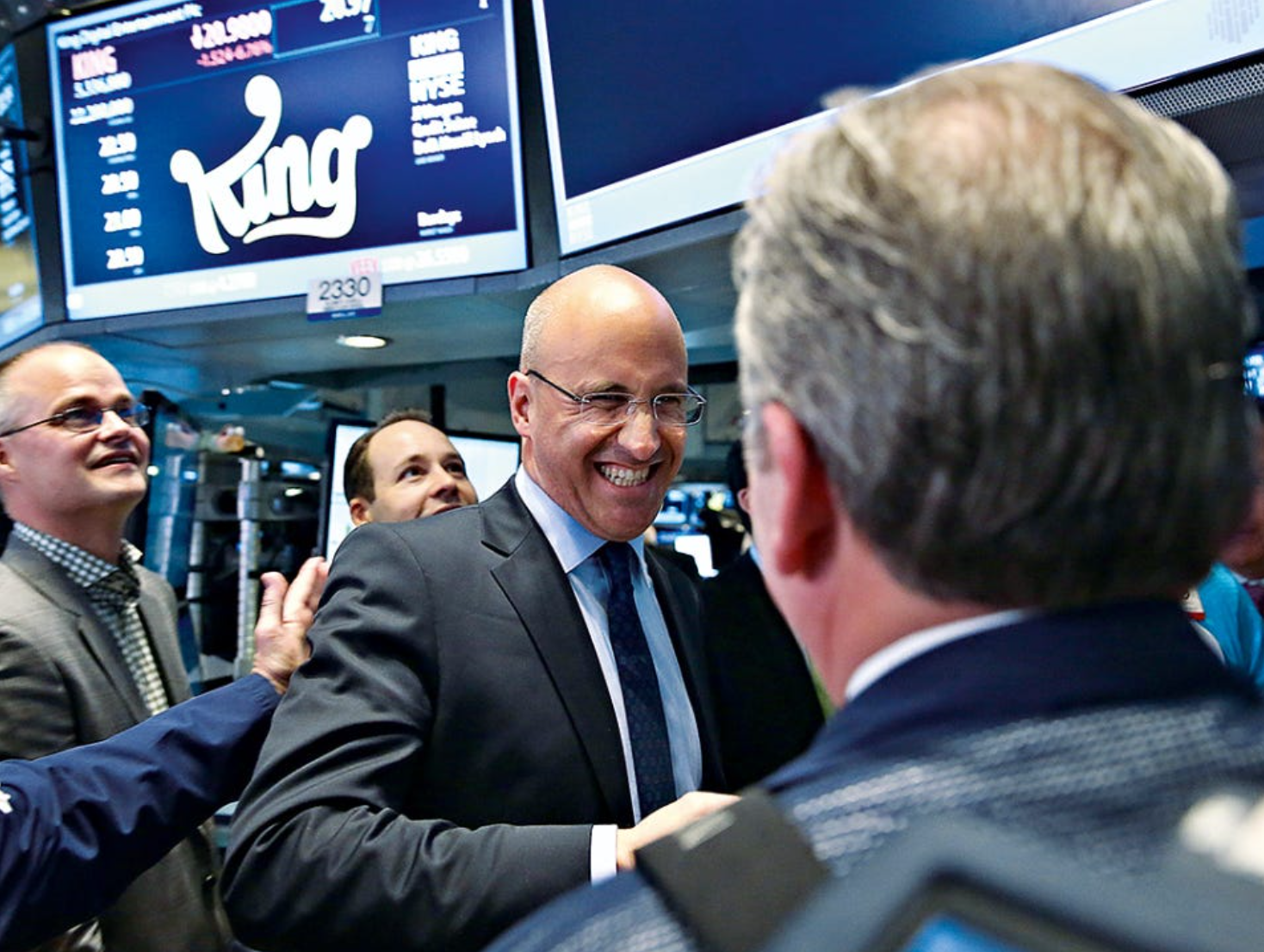The Trap of Tech Conformism

About a recent chat with a friend.
I was talking with a friend who is successful in entrepreneurship and as an investor. An interesting viewpoint emerged that I thought to write down over the weekend.
There is an extremely common trap in tech: idolizing companies, founders, and investors. Idolization leads to adopting the same criteria for judging people, companies, and facts, which results in standardization. Believing that Paul Graham's essays are the quintessence of the startup mindset is a standard. Thinking Peter Thiel is a contrarian is a standard. Europe is bad for business and so forth.
Standards aren't bad, but they can lead to uncritical thinking.
Respecting major players in tech, founders, and investors makes sense. Learning from successful models and being inspired by great operators are all beneficial and part of the journey. Idolizing them, however, is wrong and much easier than we all may think.
It's easy to slip from respect to idolization. In tech, this happens frequently. If a16z is behind a startup, then success is perceived as guaranteed. Or YCombinator is considered the best of the best. And so on.
It's understandable. We see actions producing positive results, constantly. We get locked in the pattern. We believe this pattern will repeat endlessly.
The truth, however, is that if a specific methodology worked repeatedly, it means there are good chances it will work in the future. It doesn't mean that any other approach is less valid, or will necessarily produce fewer results. Nor it doesn't mean that other approaches are less meaningful, valid, or elegant.
Have you ever noticed how successful social media pages, channels, figures, and influencers tend to at a certain point all follow similar patterns?
Even when they disagree, they tend to resemble each other. Rephrasing Tolstoy, every small media account is small and irrelevant in its own way, while all large successful accounts are successful in the same way.
This is pretty much how tech Twitter/X sometimes looks. For a view of how crypto Twitter works, simply play the video at 3x speed.
The crazy thing is that the trap of falling for conformism is more real than we may think.
Last week, I wrote about Riccardo Zacconi and King.com, which was acquired by Blizzard Activision for $5.6 billion. Surprisingly, he has only about 460 followers on Twitter.
Isn't it curious that someone who managed to navigate through very tough competitive moments and ended up winning big has virtually no presence online? Peter Thiel also doesn't use Twitter. But if Peter Thiel doesn't have it, well, the fact itself becomes conformity since we all know he is the contrarian.
But what about Riccardo? Isn't that strange?
Well, if you think it is indeed curious, maybe we share the same bias. I assumed that someone with such a substantial exit would naturally have a large Twitter following. Why? We've learned the importance of communication and personal branding online, as many successful founders have large followings.
I wonder whether the top leaders on Twitter/X or LinkedIn represent the 20% or the 80% of the total. I'm not certain, but I am now more curious to learn what those outside the mainstream think and do.
Unexpected heroes and untold stories: the future may be yours.




